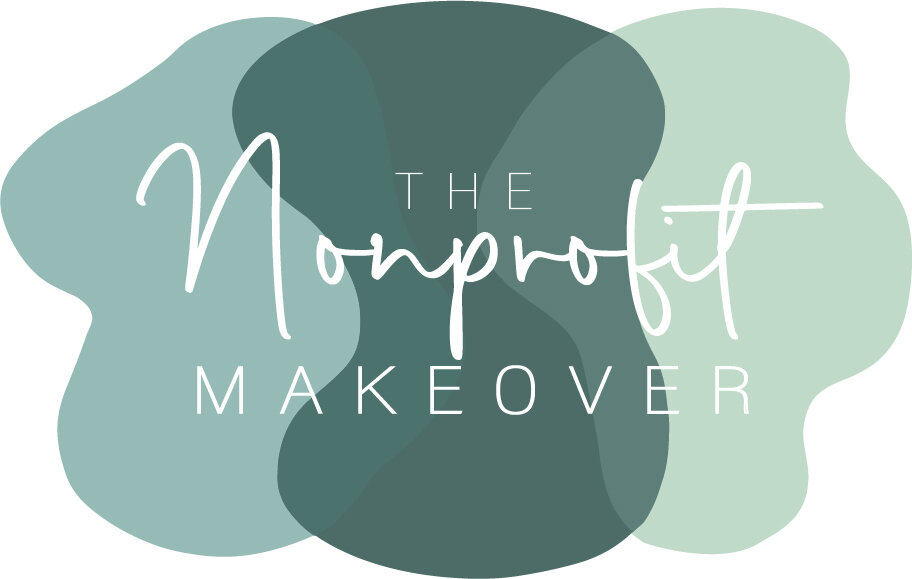Who Holds the Board of Directors Accountable?
Photo Credit: You x Ventures, via Unsplash
By Jenn Rockefeller
The word accountability is everywhere. It’s a huge buzzword that encompasses all facets of the business world, including nonprofit organizations and their board of directors. What do accountability and a board of directors have in common? The simple answer – a lot. The complex answer – accountability is not only the key component in a board’s daily happenings, but it is also vital in creating an ethical organization and business.
Why? Why do they have to be accountable? And who holds a board of directors accountable in the first place?
First, let’s look at the definitions:
1. Accountable (or accountability) is the expectation that someone is required to justify their actions or decisions.
2. According to the Foundation Group, a board of directors is “the governing body of a nonprofit,” which “oversee[s] the organization’s activities.
It is by those definitions that a board must always act in an ethical manner and be guided by legal and financial compliances, as well as the organization’s own bylaws.
So how and why is a board of directors accountable? Who holds them accountable?
According to an article by Fisher Howe, the board is responsible for the entire organization. “The board as a whole, and its individual members, are answerable for all that the organization does, and how it does it. The board therefore is the locus of accountability.”
And the reasons they are the locus of accountability are numerous:
· They must answer to federal, state and local government agencies,
· They must approve the organization’s budget and account for how money is spent,
· They approve all programs the organization runs,
· They must answer to the public,
· They must answer to the organization’s members/staff.
If a board of directors is not forthcoming with information to their own staff, how are they expected to be accountable to the public? And if they are not accountable to the public, then the public will lose faith and trust in that nonprofit organization.
In an article from the Nonprofit Insurance Program, Alexa Connelly wrote, “Maintaining a positive public perception is another essential board role. Board members are the nonprofits’ public persona in the community. Board of Directors non profit [sic] should showcase that the nonprofit is operating under the highest level of accounting and legal standards.”
That last bullet point above is also something to address – answers to the organization’s members and staff. The nonprofit organization’s own members and staff also hold the board of directors accountable. Members and staff have every right to know what goes on within the organization and how the organization is being run. So, every time the board dodges questions or refuses to answer, the organization’s own staff will become wary and begin to lose faith in the organization. And when that happens, it begins to outwardly show how the staff conducts themselves with the public.
That is the key reason why board members also need to be transparent, not just with the organization’s own staff, but also with the public. In an article on GranThornton, Emma Andrews wrote, “Transparency is key to accountability. Open, clear and honest reporting will help an entity build relationships with stakeholders including customers, employees and investors, and the annual financial statements allow the board to communicate the results for the year and also to document their assessment of performance.”
Bottom line – accountability is at the very core of a board member’s duties to the organization. It sets the stage for how the organization will be run. Accountability is above all else because if you don’t have that, how can you ethically run your organization? Without it, you cannot run your organization with the highest ethical and legal standards. Therefore, it is up to the organization’s staff, the public, the shareholders, and other federal entities to hold the board of directors accountable.
Ready to take your nonprofit to the next level? Visit our services page to book a consultation and learn how The Nonprofit Makeover can help you.


